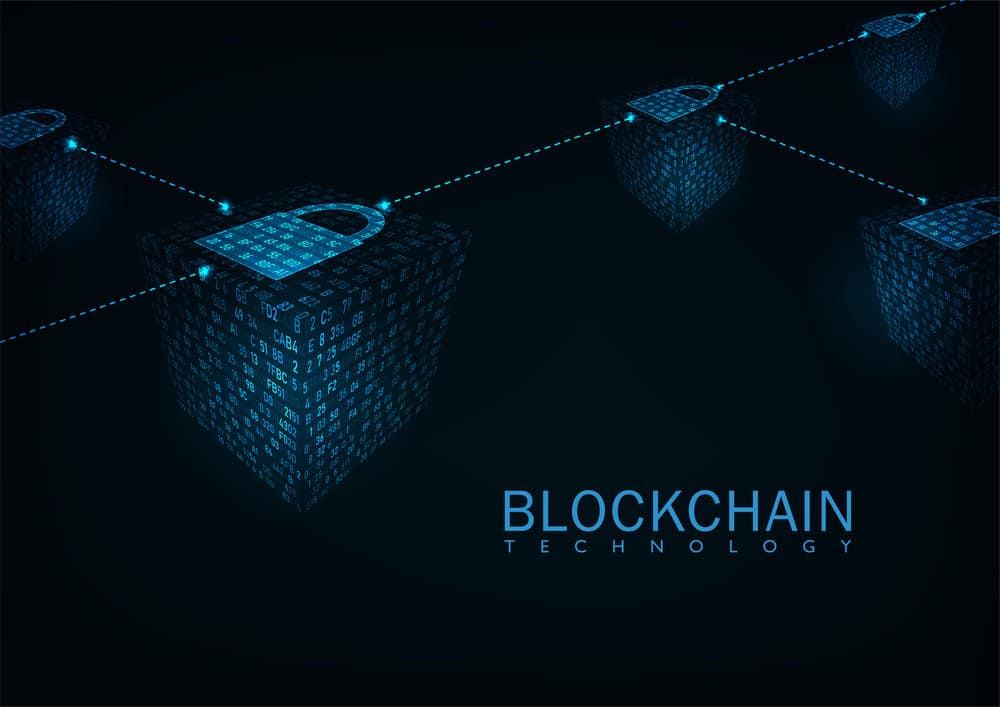
Blockchain as a technology has been peddled in the logistics space for quite a while, but the industry is still in a learning curve concerning the technology’s possibilities. These include traceability, safety and transparency for all stakeholders within a supply chain. A panel of speakers from the pharmaceutical, food and retail industries at the Blockchain Expo 2019 discussed the feasibility and the need for blockchain within their verticals.
Udai Kiran Chilamkurthi, lead architect in the retail & logistics division at Sainsbury’s, drew on his experience in the supply chain business, mentioning that Sainsbury’s as a company was not looking to innovate in blockchain but rather was interested in consuming a blockchain-based solution that is tailor-made for the enterprise space. He pointed out that companies in the retail landscape were looking to use blockchain, but were struggling to find stakeholders to work with, because the technology still has not gained the trust of its intended users.
Raja Sharif, founder & CEO of FarmaTrust, chipped in saying that the pharmaceutical market was bizarre in its workings. Although the industry was fairly innovative when it came to research on new medical breakthroughs, it did not take well to sharing data and is conservative in its approach to blockchain.
The problem is with trust, as pharmaceutical companies are wary about data security even in a tightly regulated environment. Data held within the industry is highly confidential and if leaked, might cause the company legal and/or regulatory problems. Sharif mentioned that FarmaTrust tackled this issue by anchoring data – a process of creating time-stamped proofs of the existence of data through blockchain – convincing customers who were skeptical of maintaining their data confidentiality.
Sharif contended that the pharmaceutical industry must look to push for a truly paperless environment. The industry still witnesses manual entries of data and companies within the space collect data individually and operate in a siloed manner. Bringing all of them together would be for the collective good of the industry, because consolidated data could help companies glean more insights towards drug discovery.
Emmanuel Marchal, the managing director at ConsenSys, spoke about how the term decentralization is often misconstrued within the supply chain industry and that blockchain essentially was bringing everyone together and helping share information over a single common ledger. This is especially beneficial for smaller companies within the supply chain, as they can now participate more directly within the system and would have greater visibility within end-to-end operations.
Companies are also cautious about putting their data out on a public blockchain, said Leontien Hasselman-Plugge, CEO of SIM Supply Chain Information Management. Businesses need to be shown metrics on how blockchain is worth the effort to switch over, especially when they are in the stage to scale-up operations.
Hasselman-Plugge explained how supply chains for different food products are essentially incompatible with the other, and that it is extremely hard to put every single food item on the blockchain. For instance, a supermarket might have thousands of food products that are sourced from all over the world, and in the process of creating a blockchain network, every product would have to have a separate system for itself – a process that is out of reach, at least for the time being.
The endgame, Hasselman-Plugge mentioned, was to make sure companies joined a public blockchain as only that could give them true decentralization and benefit all the stakeholders equally. Interoperability is also a key to nourishing the idea of blockchain, as interconnecting networks across different verticals would help create use cases that have never been thought out before.











